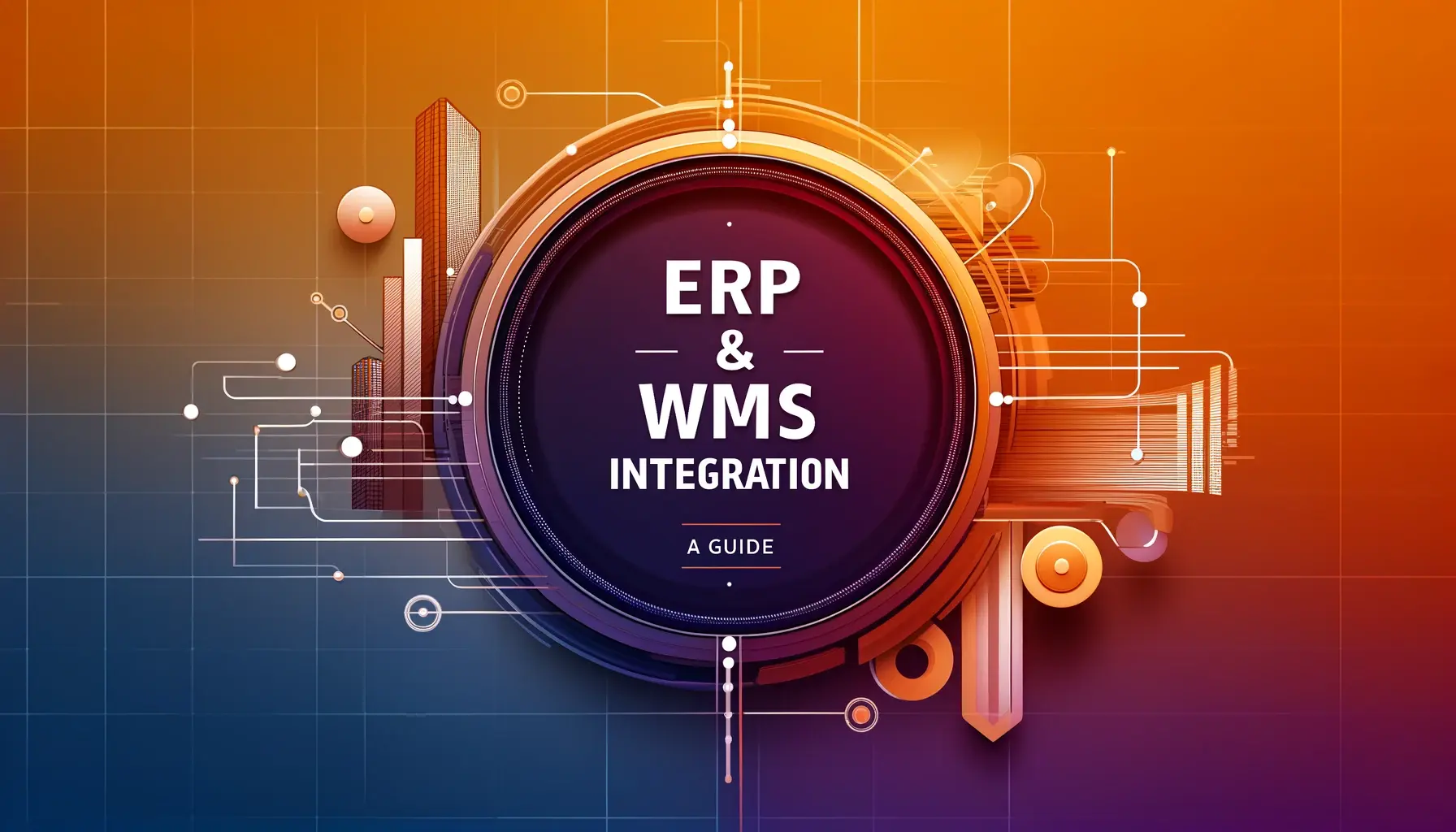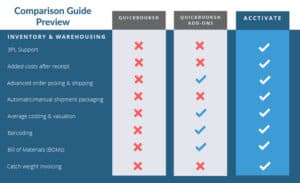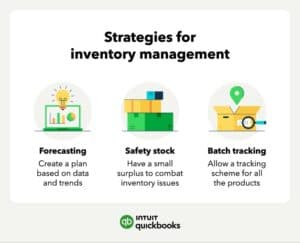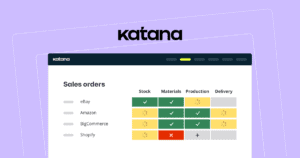Master ERP Integration for Seamless Inventory Management
Integrating ERP systems is crucial for businesses seeking efficient, real-time control over their inventory processes.
Managing inventory is one of the most complex aspects of business operations, but ERP (Enterprise Resource Planning) integration makes this challenge easier by automating, streamlining, and centralizing inventory management. In this article, we will explore how ERP integration can improve inventory management and offer practical steps for successful implementation.
1. Understanding ERP Integration in Inventory Management
ERP systems consolidate various business processes into a single system, allowing businesses to manage everything from purchasing to sales in one place. When ERP is integrated with inventory management, businesses can track stock levels, predict demand, and optimize purchasing decisions.
Key Benefits of ERP Integration:
- Real-Time Data: ERP systems provide real-time visibility into inventory levels, ensuring businesses can respond quickly to shortages or surpluses.
- Improved Accuracy: Automation reduces human errors in inventory tracking, order processing, and stock forecasting.
- Cross-Departmental Collaboration: ERP fosters collaboration between different departments like procurement, production, and sales by providing a shared, up-to-date view of inventory.
2. ERP Integration Strategies for Inventory Management
Integrating an ERP system with your inventory management involves several key strategies to maximize efficiency. Here are steps for implementing ERP successfully:
Define Business Goals
Before implementing ERP, define specific business goals like improving stock turnover or reducing holding costs. This will guide how you configure the system.
Choose the Right ERP System
Select an ERP system designed for your business size and industry. Some top choices include Katana Cloud Inventory, Fishbowl, and Zoho Inventory, all of which offer robust ERP integration options.
Plan a Phased Implementation
Roll out your ERP integration in stages, starting with high-priority areas like inventory tracking and order fulfillment. This helps minimize disruptions and allows for adjustments as needed.
3. Automating Inventory Control with ERP
One of the primary advantages of ERP integration is automation. Automation eliminates manual tasks and reduces the time needed for activities like stock replenishment and inventory audits.
Automated Tasks ERP Can Handle:
- Reordering Stock: ERP systems can automatically reorder items based on predefined thresholds, ensuring optimal stock levels.
- Tracking Expiry Dates: For industries such as pharmaceuticals or food, ERP helps track batch numbers and expiry dates, ensuring timely product rotation.
- Shipping and Fulfillment: Automated ERP systems streamline order fulfillment by integrating with shipping providers, generating real-time tracking information.
4. ERP and Demand Forecasting
Predicting demand accurately is critical to efficient inventory management. ERP systems integrate historical sales data, seasonality, and market trends to generate demand forecasts.
ERP Demand Forecasting:
- Historical Analysis: ERP analyzes past sales to identify trends and forecast future demand.
- Seasonal Adjustments: ERP systems can account for seasonal variations and adjust purchasing schedules accordingly.
- Data-Driven Decisions: With real-time data and analytics, ERP allows businesses to make informed decisions about inventory replenishment.
5. ERP Integration Challenges and Solutions
While ERP integration offers numerous benefits, it also presents challenges. These can include initial costs, employee training, and potential system compatibility issues. However, these challenges can be mitigated with proper planning and support.
Common Challenges:
- High Upfront Costs: ERP systems can be expensive to implement, but the long-term savings from improved efficiency justify the investment.
- Training: Ensure employees receive adequate training to use the system effectively.
- Data Migration: Migrating data from legacy systems can be complex. Working with ERP consultants can help avoid errors during the migration process.
6. Selecting the Best ERP System for Your Business
When selecting an ERP system for inventory management, consider scalability, ease of use, and integration with other systems. Here are a few top ERP solutions that are designed for inventory management:
- Katana Cloud Inventory: Ideal for small to medium-sized manufacturers, offering real-time inventory tracking, production planning, and e-commerce integration.
- Fishbowl: Provides robust inventory management tools with ERP capabilities, making it a great choice for manufacturers and wholesalers.
- Zoho Inventory: Offers comprehensive tools for managing stock levels, orders, and sales, with seamless ERP integration.
FAQs
What is ERP integration?
ERP integration involves combining an ERP system with various business operations, such as inventory management, to centralize processes, improve efficiency, and provide real-time data insights.
How does ERP improve inventory management?
ERP systems automate many aspects of inventory management, such as stock tracking, demand forecasting, and order fulfillment, reducing manual work and human error.
What are the key challenges of ERP integration?
Common challenges include high implementation costs, data migration issues, and the need for extensive employee training. However, these can be mitigated with a phased implementation strategy and expert support.
Can small businesses benefit from ERP integration?
Yes, ERP systems can be scaled to fit businesses of all sizes. Small businesses can use ERP to streamline operations, improve accuracy, and gain a competitive edge.
How do ERP systems handle demand forecasting?
ERP systems analyze historical sales data, market trends, and seasonality to predict future demand, helping businesses optimize their inventory levels.
Top Tools to Simplify and Scale Your Business
- Katana Cloud Inventory – A real-time inventory management solution that integrates seamlessly with ERP systems, ideal for manufacturers looking for detailed production planning.
- Fishbowl – Fishbowl offers advanced inventory management with ERP capabilities, designed for manufacturers and wholesalers.
- Zoho Inventory – A scalable ERP solution that provides automation and real-time analytics for efficient inventory management and order processing.
- Vendasta – Automate your business processes and manage customer relationships effectively with Vendasta’s tools.
- Drip – Drip provides powerful marketing automation tools that integrate with your ERP for seamless customer communication and engagement.
Keywords: ERP integration, inventory management, ERP system, automation, demand forecasting, ERP challenges, ERP benefits, inventory control, real-time data







